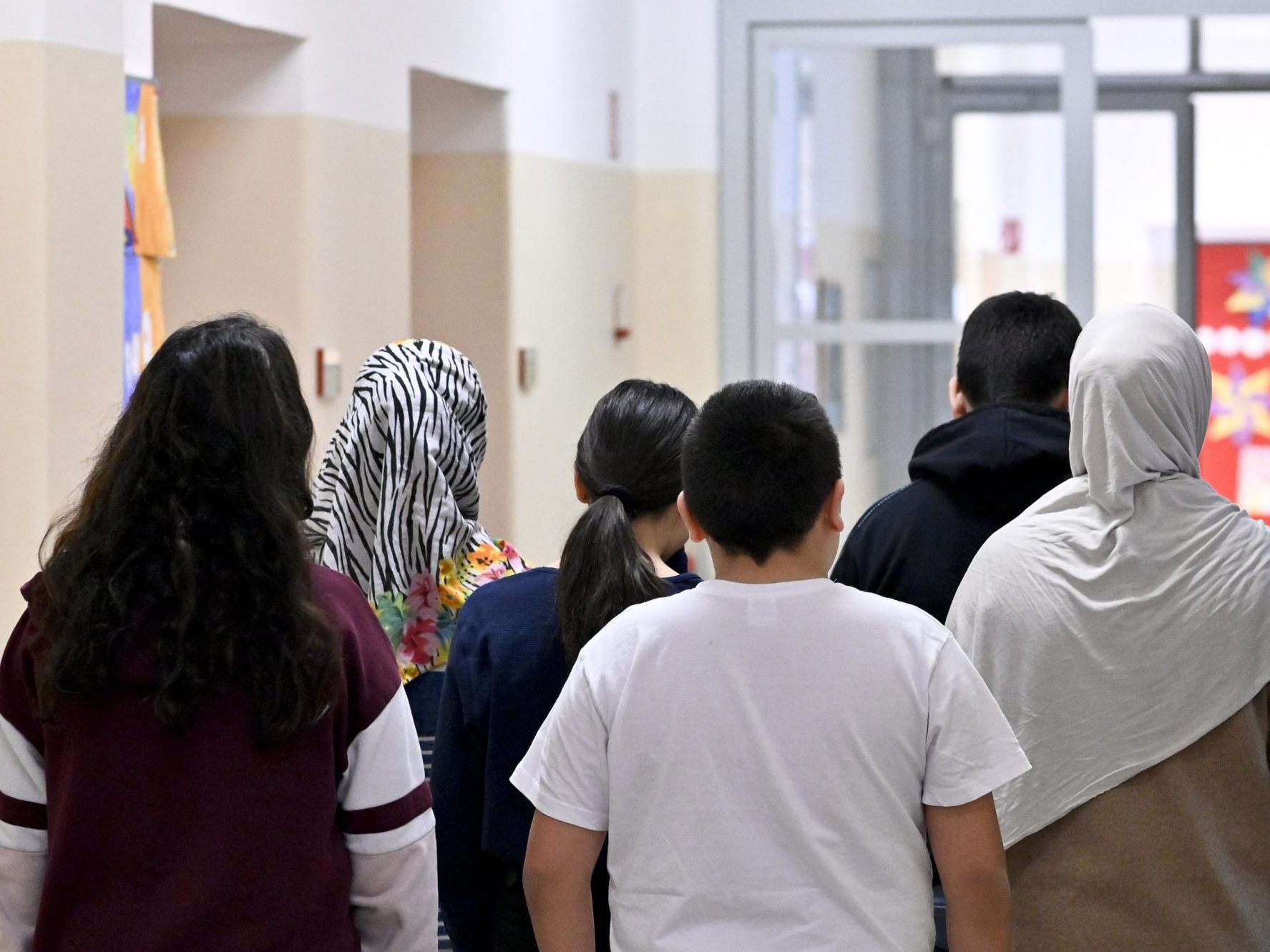To label Neos and Social Democrats as left-left, as the Vienna ÖVP does, is ridiculous: The two are in the center and are keeping an eye on what is happening to the right of them. Especially now, as the municipal council election at the end of April approaches.
So they agree at the federal level to the halt of family reunification for those entitled to asylum, which the People's Party has introduced there; thus, Vienna's mayor and SPÖ chairman Michael Ludwig welcomes this step, speaking of an extension of family reunification, which is certainly helpful in terms of integration.
Even if the measure is difficult to justify factually: The times when hundreds of relatives from Syria, Afghanistan, and other countries came to the city and just as many children had to be accommodated in schools more poorly than well are over. Today, it is only a few.
This is relevant insofar as the legal prerequisite for being allowed to press the stop button is a threat to public safety and order or an emergency. Is there such a situation? Not at all. In this respect, it is dangerous when ÖVP, SPÖ, and Neos claim it is the case. Especially they, who warn against an authoritarian chancellor named Herbert Kickl (FPÖ). They are setting standards here that he can orient himself by: Should he ever become head of government, he does not have to orient himself to the Hungarian Prime Minister Viktor Orban, but can, with reference to them, declare an emergency at the drop of a hat to crack down hard. But that's another story now.
The halt of family reunification and Ludwig's explicit approval of it is an admission and to some extent also a capitulation: The FPÖ may be in opposition, but it has always demanded such a measure and has now indirectly prevailed. The SPÖ no longer opposes it, but rather implements it. Especially since, according to surveys, a majority of Viennese fundamentally believe there is too much immigration in the city, and since a majority of SPÖ voters are also in favor of stopping family reunification.
The city has grown significantly over the past 20 years, with 400,000 more inhabitants today than in the mid-2000s. This has been solely due to immigration. The number of citizens from other EU countries has increased by 200,000, and from so-called third countries like Syria and Afghanistan by another 200,000. For comparison: In Graz, Austria's second-largest city, there are only just over 300,000 people in total.
It is self-evident that this leads to problems and challenges. Whether it concerns education, housing, or many other things. Until now, the motto was: "We can do it." The FPÖ has always contradicted this, saying it is impossible. By stopping family reunification, they are being confirmed.
Johannes Huber runs the blog dieSubstanz.at – Analyses and backgrounds on politics
This article has been automatically translated, read the original article here.






